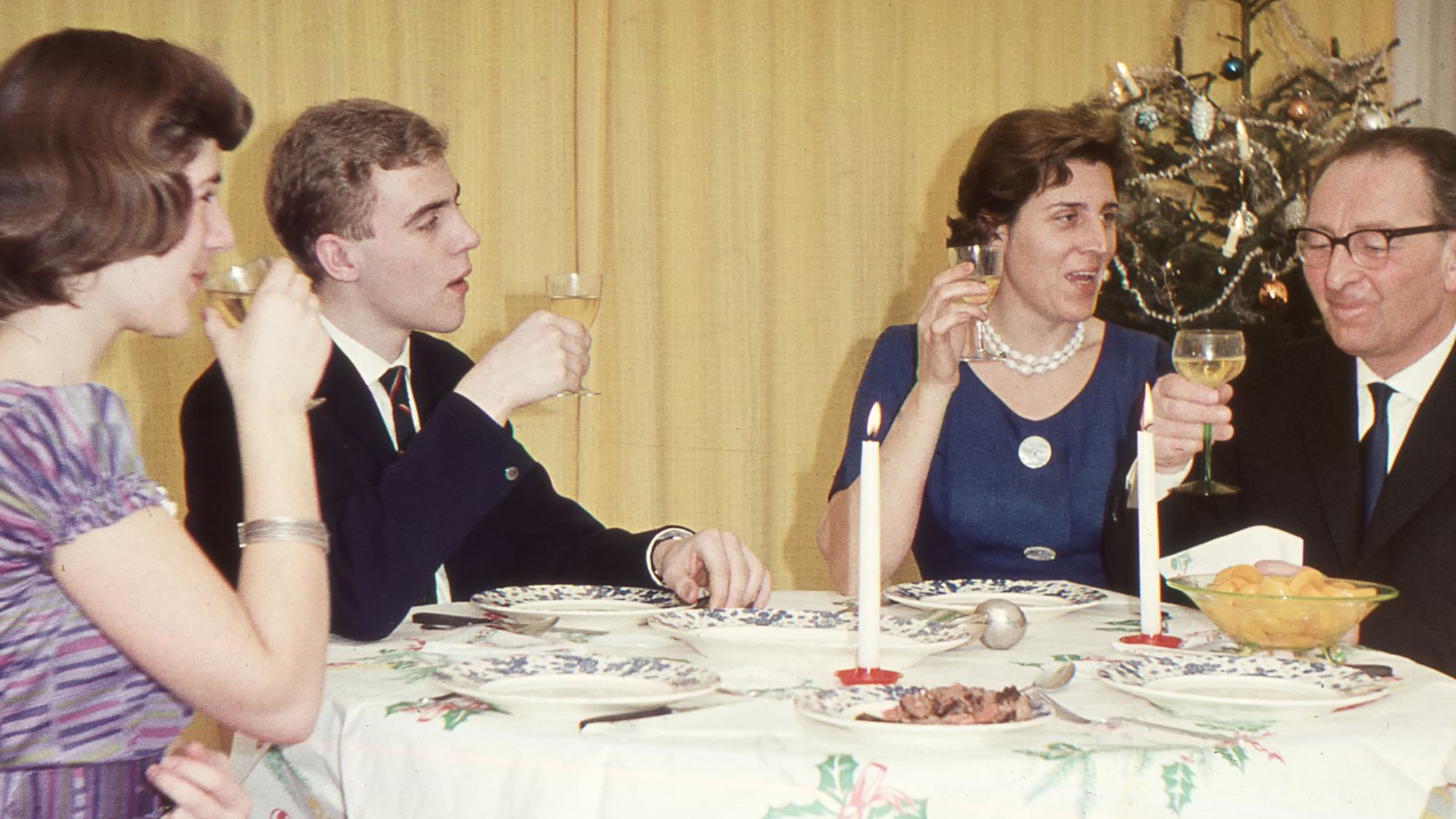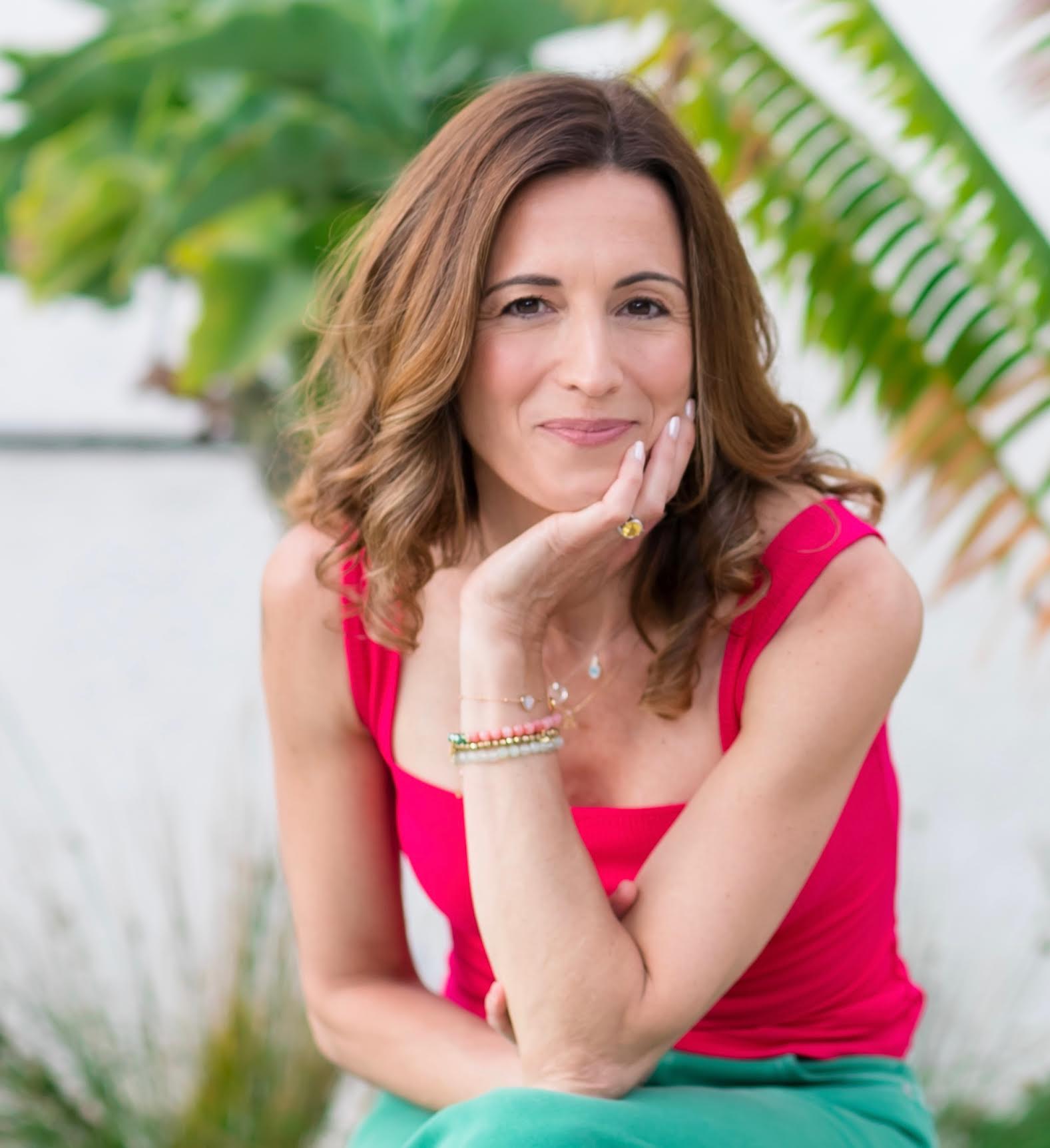How to gracefully handle marriage and baby questions at Christmas
What to say to “When are you going to settle down?” “When will you have a baby?” or, in my case, “Why did you break up a perfectly good marriage?”


When I was 30, I had a choice: follow my husband to Vienna, Austria—leaving behind Los Angeles, a place where I felt at home and was thriving personally and professionally—or divorce, and in doing so, risk giving up my dream of starting a family.
I chose to follow.
It wasn’t just that I wanted to be a mother. I also felt trapped in what I now call a mental cage—an invisible set of expectations handed to me by society, family, and my own inner critic. At 30, the world starts talking. Worse, it starts asking: “When are you going to settle down?” “When will you have a baby?” In my case, it was, “Why did you break up a perfectly good marriage?”
I felt the weight of those questions. I couldn’t face my family or friends and admit that I’d ‘failed’ at my marriage; that I wasn’t envisioning a family on the horizon any time soon. So I let the fear of judgment dictate my choice. I followed, even though a voice deep inside me screamed that I was betraying myself.
Would I make the same choice today? Absolutely not. I now understand that I am not responsible for meeting anyone else’s expectations of what my life should look like.
But back then, I didn’t know how to handle the questions gracefully or how to protect myself from their sting. It wasn’t just the questions that stung, but what they seemed to imply: You’re not where you’re supposed to be.
And now, as we head into the holidays—the season of family gatherings and well-meaning interrogations—I know I’m not alone. Whether you’re single, childfree, navigating divorce, or simply living life on your own terms, the ‘holiday inquisition’ can feel relentless.
Celebrity news, beauty, fashion advice, and fascinating features, delivered straight to your inbox!
Here’s how I’ve learned to handle it—with grace, clarity, and a little bit of humour.
Recognising the Mental Cages
In my book Uncaged: A Good Girl’s Journey to Reinvention, I talk about the invisible cages we build around ourselves—barriers and limitations built from societal norms, family expectations, and the stories we tell ourselves about who we’re supposed to be.
The holidays have a way of shining a spotlight on these cages. You sit at the dinner table, surrounded by people who love you, but who also carry their own beliefs about what’s good for you or right for you. For them, settling down might equal happiness, having children might mean fulfillment, or climbing a stable career ladder might seem like the obvious path. Their questions—“When will you settle down?” “Why don’t you want kids?”—often come from a place of care, but they can feel like judgment and trigger feelings of shame or self-doubt, even when we know we’re on the right path for us. It’s like you’re being measured against a version of success or happiness that they’ve decided you should want.
But just because someone believes they know what’s right for you doesn’t make it true. Their version of happiness doesn’t have to be yours. And once you see the cage for what it is—someone else’s expectations—you can choose to break free from it.
Practical Ways to Respond
When you’re in the midst of the ‘holiday inquisition’, you may feel like you have to justify yourself. You may get defensive or annoyed. But you don’t have to. What if instead, you used these conversations as an opportunity to protect your peace and reaffirm your choices? Here’s how:
Don’t take it personally
Most times, the intrusive questions and comments are not about you; they come from someone else’s values or their own unfulfilled dreams. Your aunt might ask about kids because family is her definition of happiness. Your cousin might pry about your career because she’s wrestling with her own journey. When you realize these questions or comments are more about them than about you, they lose the power to unsettle you.
Redirect with grace
Prepare ahead and have responses ready that allow you to set boundaries while keeping the conversation light. If someone asks, “When are you having kids?” you might say: “I’m really happy with where I am right now. What’s been the highlight of your year?” or “That’s a big question for the dinner table! Let’s focus on dessert instead.”
For the more persistent, set a firm but kind boundary: “I appreciate your interest, but that’s something I’d rather keep private.” I personally prefer humour: “I’ll let you know as soon as I figure it out!”
Anchor yourself in your values
At 30, I let others’ expectations dictate my choices. I didn’t trust my voice enough to stand firm. Now, I know better. Being uncaged means knowing your values—what truly matters to you—and letting those guide your decisions. The more grounded you are in your truth, the less power others’ opinions have over you. You are allowed to want what you want, even if it doesn’t fit someone else’s timeline. Whether you’re single, divorced, childfree, or redefining success on your own terms, it’s your life – and yours to create.
Reframe
Instead of bracing for the worst, treat the ‘holiday inquisition’ as an opportunity to become more self-aware while practicing self-compassion and boundary-setting. Ask yourself:
- What cages am I still holding onto? Whose expectations am I trying to meet?
- How can I respond in a way that feels true to me?
- What do I want to feel during these gatherings, and how can I create that for myself?
Your worth isn’t tied to someone else’s idea of where you should be. And you don’t owe anyone an explanation.
Today, when I’m faced with those same well-meaning but intrusive questions, I no longer shrink. I respond with grace, humour, and the confidence of someone who knows her path. I see the holidays as a time of connection, joy, and celebrating the life I’m building on my terms – not others’ expectations. If I could go back to that 30-year-old version of me, sitting in my Los Angeles apartment and feeling like I had to choose between my happiness and others’ approval, I’d tell her that she’s allowed to choose herself.
So this Christmas, when the questions start, take a deep breath. Set your boundaries. Protect your peace. Laugh about it. And remind yourself: You are not here to fit into anyone else’s box. You are here to live uncaged.
Katia Vlachos is a reinvention coach and the author of Uncaged: A Good Girl's Journey to Reinvention

Katia Vlachos is a reinvention coach and the author of Uncaged: A Good Girl's Journey to Reinvention